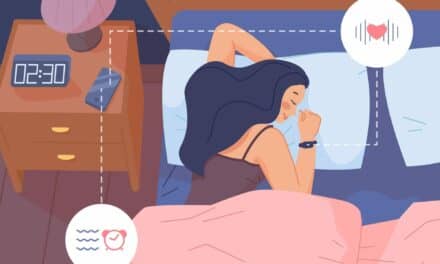According to a recent survey commissioned by the American Academy of Sleep Medicine (AASM), 6 in 10 Americans (64%) support eliminating seasonal time changes.
AASM also falls within that majority. As most of the US prepares to fall back to standard time on Sunday, Nov 3, AASM continues to call for seasonal time changes to be abolished in favor of permanent standard time, which provides earlier morning light and is optimal for health and safety.
“The natural, daily cycle of light and darkness is the most powerful timing cue that helps synchronize the body clock,” says James Rowley, MD, president of AASM, in a release. “Not only does permanent standard time provide sunlight earlier in the morning, but it also ushers in darkness earlier at night, making it easier to fall asleep.”
Survey respondents prioritized public health and safety (27%) as the top factor for elected officials to consider when discussing legislation about daylight saving time. The survey also found that 64% of parents would be concerned about the safety of their children when going to school in the dark, which would be common if permanent daylight saving time were enacted.
“Most parents are understandably uncomfortable with their children either walking to school or waiting for the bus in the dark,” said Rowley. “Switching to permanent standard time would eliminate those problems by providing sunlight earlier in the morning, making it safer for children to go to school. Standard time also makes it easier for children to wake up in the morning and fall asleep each night.”
When we return to standard time on the first weekend in November, Americans in need of more sleep should make the most of an extra hour with the following tips from AASM:
- Wait to change your clocks until it is time to get ready for bed.
- Go to bed at your usual bedtime.
- Just before getting into bed, set your clocks back one hour.
- Wake up at your standard wake time.
- Take note of how much better you feel after an extra hour of sleep.
- Continue to go to bed each night at the earlier bedtime.
Photo 21964187 © Pavalache Stelian | Dreamstime.com





